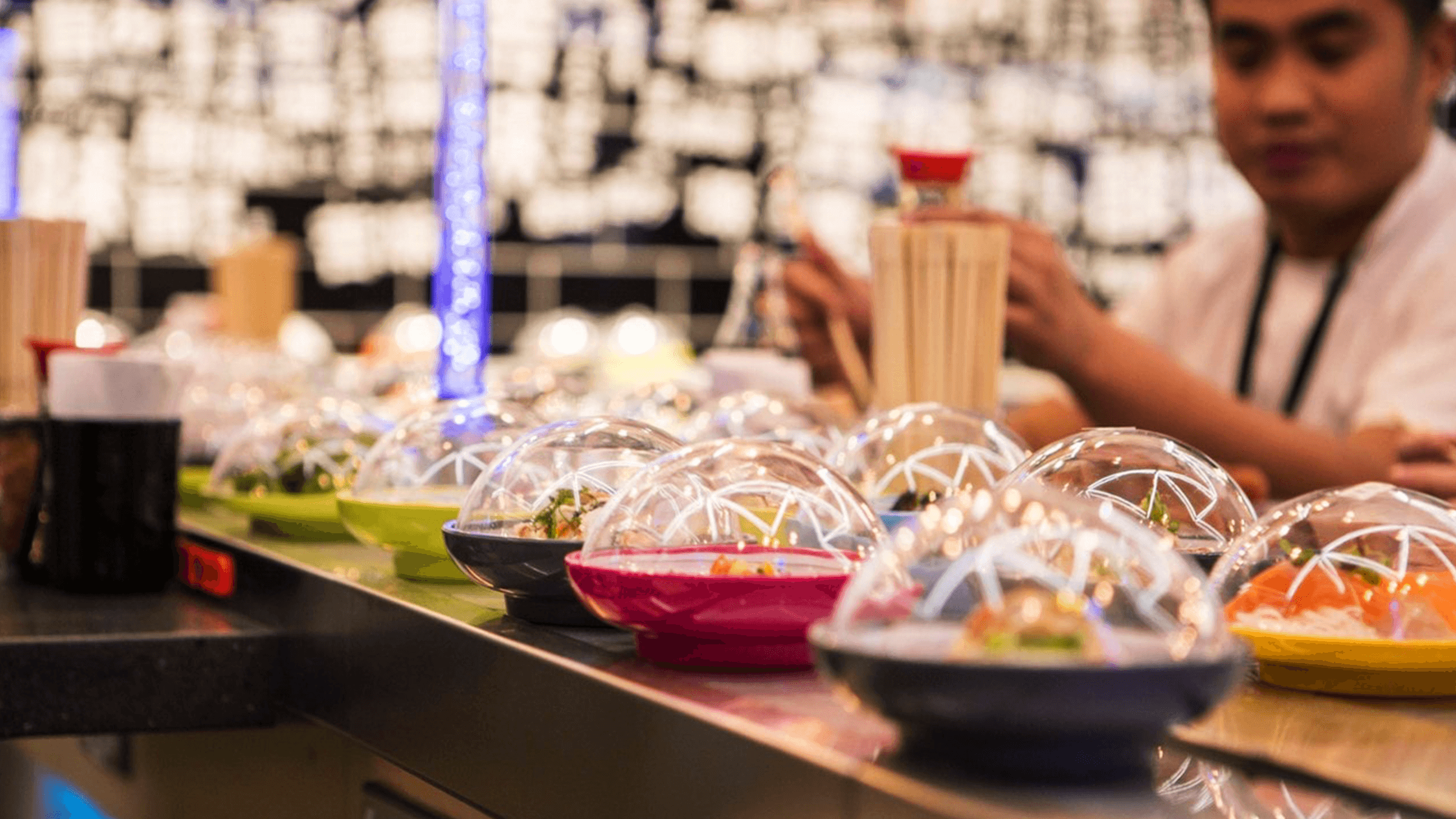The last six months have been the most turbulent and destructive the hospitality, travel and leisure sector has seen in recent memory. Few could have predicted that businesses would be faced with no customers, zero revenue and government imposed restrictions on every aspect of their business. But in the face of this disruption, many businesses in the sector have responded with agility, innovation and resilience – rolling out creative solutions and devising exciting new concepts at record speed. There is a long road ahead – but the last few months have truly been a testament to the entrepreneurial spirit and robustness of our sector, and show positive shoots of growth heading out of the crisis.
When lockdown hit, for example, hospitality, travel and leisure businesses raced to rethink their business models in order to continue trading and to engage customers from their homes. For example Nando’s, which partnered with meal kit business Mindful Chef to allow customers to enjoy their meals from home. Both Nando’s and Wagamama also introduced virtual ‘cookalongs’, in which their respective head chefs hosted live cooking tutorials. This trend moved beyond the restaurant sector, with the escape games business Escape Hunt rolling out digital versions of its experiences, which gave customers the chance to buy a package and complete the escape room via Zoom. Clearly these innovations were never going to replace the core business – but developing them allowed for organisations to experiment, stay relevant and connect with their customers.
Fast-forward to today and this sort of innovation has been brought through to the later phases of the crisis. Everywhere you look, restaurants, bars and leisure sites have adapted to social distancing in often ingenious ways. Dishoom’s chain of Indian restaurants, for example, has integrated room dividers in the form of old wooden doors to encourage social distancing, and adapted its serving strategy to be Covid-safe in a seamless way – without losing the incredible atmosphere of their restaurants. Costa has developed what it is calling a ‘post-coronavirus’ format: a street-facing kiosk with socially-distanced seating and in-app ordering.
We are also seeing the resurgence of once-forgotten concepts such as the drive-in cinema. According to new data from media measurement firm Comscore, the number of drive-in cinemas in the UK has increased from three to 40 since the global crisis began. It is easy to understand the attraction: customers are drawn not only to the novelty and the nostalgia of the format, but also the guaranteed safety of being in your own car. I predict that this format will continue to be prevalent long after the pandemic, not least because of its potential for collaborations and expansions and its alignment with the burgeoning trend towards experiences over products. We’ve already seen a number of creative twists on the traditional drive-in theme, such as the tie-up with celebrity chef Aldo Zilli, who turned his Surrey home into a drive-in cinema and served guests food in their cars.
One of the most interesting outcomes of Covid-19 has been renewed the focus on local communities, bringing new opportunities for local independents and chains alike. With remote working looking set to stay in place for quite some time, residential neighborhoods are capitalising. Businesses in Primrose Hill – home of The MBS Group – have been buzzing since lockdown lifted, with cafes, bars and local shops spilling out onto the roads, and benefiting from residents spending more time in their local area. Looking ahead, we may start seeing national chains rethinking their network strategy and gearing their property portfolios away from large city centres. Indeed, some of the most successful chains pre-lockdown, such as Giggling Squid, had already been focused on market and smaller towns.
Moreover, this may be an opportunity for small hospitality businesses to gain market share back from the large chains. This is a unique time, and nimble organisations without large overheads must seize the opportunity to adapt at pace to consumer trends where large businesses cannot.

Covid-19 has also fast-tracked the industry’s relationship with technology. Before lockdown hit the UK, I wrote a piece discussing the restaurant sector’s relatively slow embrace of digital tools. In light of the pandemic, the restaurant sector – perhaps more than any other – must lean in to digital adoption. Since Covid-19, we have already seen technological uptake, with app-based ordering in restaurants, virtual queuing at on-the-go concepts and a flurry of delivery activity. Some businesses have reinvented themselves entirely. YO! Sushi, for example, has devised a new Covid-safe format of dining, repurposing its iconic conveyor belt system to deliver pre-ordered plates of food to customers in their seats. As with the rest of the consumer-facing sector, Covid-19 has served as a harsh reminder to hospitality businesses that digital credentials are not just a nice-to-have, but vital for survival.
Looking ahead, it will be interesting to examine which of these shifts are short-lived and which are sustained into the future. Nonetheless, I have found it inspiring to see the courage at play in our sector. Across the industry operators have demonstrated a willingness to try new things, be creative and fail fast in the face of incredible hardship. If businesses take the lessons learnt from Covid-19 into the next chapter, then the hospitality sector looks set to be a very exciting place.









